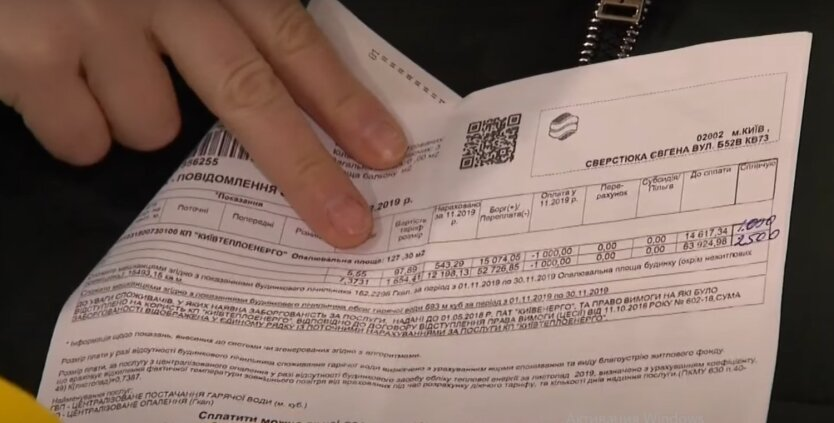The expert revealed the critical situation with the debts of regional energy companies in Ukraine.


The debts of municipal enterprises for electricity threaten a crisis in the field of municipal services
Ukraine faces a rapid increase in the debts of municipal enterprises for electricity, which may have serious consequences for the field of municipal services. This was stated by energy expert Oleg Popenko in his Telegram channel.
According to him: "We return to the criteria of 100% readiness for the heating season in Ukraine. Next in line are the debts of municipal enterprises for electricity".
According to the expert, in Kharkiv, the debt of municipal enterprises to "Kharkivoblenergo" has increased by 12% since the beginning of 2024, reaching "2.43 billion UAH as of October 1".
The largest debtor is CE "Kharkivvodokanal" with a debt of 1.86 billion hryvnias. At the same Time, the company pays only "12% of the charges for electricity distribution services". The second place is occupied by CE "Kharkiv Heating Networks" with a debt of 563.7 million hryvnias.
Oleg Popenko emphasized that this problem does not only concern the Kharkiv region.
The total debt of state and private regional energy companies is about 26 billion UAH
The expert warned that if measures are not taken to stabilize the payment for the services of regional energy companies, water utilities, and heating companies at the state level, as well as strengthen the work of law enforcement agencies, this may lead to these enterprises ceasing their activities. As a result, we will be left without water, heat, and other communal services.
Read also
- Molotov Cocktail for Putin: Nauseda said how Merz failed with threats to Russia
- Slovakia may block new EU sanctions against Russia: Fico issues ultimatum
- Musk and Bessent clashed after a dispute over Trump: WP revealed the details
- Bread for 50 Hryvnias: Ukrainians Warned about Record Price Surge
- I would like to have more: Zelensky mysteriously spoke about relations with Trump
- Changes in the Labor Market: How Employers are Coping with the Shortage of Personnel and What Salaries They Offer










